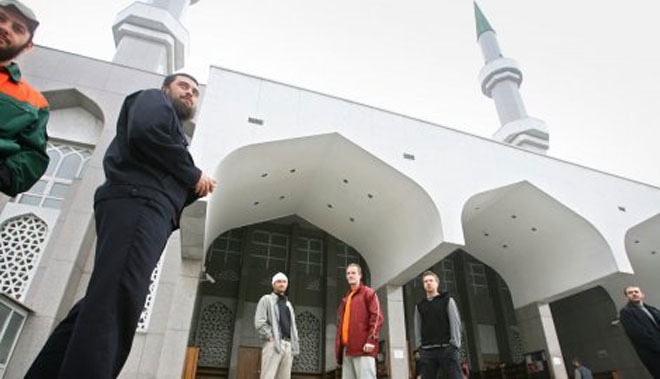
By Drazen Remikovic for Southeast European Times
European Union officials said a new public procurement law in Bosnia and Herzegovina (BiH) will help prevent corruption and allow greater control of state money.
The law, adopted by the state parliament on April 30th, defines the procedure of public procurement, improves the mechanisms to prevent abuse, reduces the costs of participation in the process and introduces modern techniques and procedures.
EU officials said that a Union-compliant procurement system is a very effective anti-corruption measure that ensures efficiency of public spending and, ultimately, a better quality of public services.
“The fight against corruption is an important component in the overall EU support to law enforcement. A country that aspires to become a member of the European Union is expected to achieve stability of all institutions guaranteeing the rule of law and the existence of a functioning market economy. Corruption undermines both, the rule of law and a functioning market economy, which are the parameters at the heart of the enlargement process,” Andy McGuffie, spokesman of the Delegation of EU in BiH, told SETimes.
Officials said that the new law is fully compliant with EU legislation.
“We committed to adopting a law that adheres to European standards and, most important of all, all political parties voted for this law,” Mehmed Bradaric, a delegate in the House of Peoples of the BiH parliament, told SETimes.
“So far, legislation on the procurement process has had a lot of shortcomings. If you were skilled and smart, you could steal from the state budget. However, the process will be tracked from start to finish from now on. Judicial institutions also must engage more strongly in the process so that he chance for corruption in public procurement is reduced to a minimum,” Bradaric said.
According to Tender, an NGO that deals with the public procurement system, BiH is spending about 2 billion euros annually on the process. But many suspect that a great portion of that money goes into private pockets.
In almost every EU progress report on BiH, the country has received negative marks in fighting corruption. Citizens said that corruption is one of the top problems in the country.
”More than 20 percent of citizens gave a bribe to public officials. Almost 80 percent of those bribes were cash,” Michael Jandl, a research officer in the Statistics and Survey Section of the UN Office on Drugs and Crime, said in December 2013.
Bosko Tomic, a member of the BiH parliamentary Committee for Finance and Budget, told SETimes that the new law will improve the situation.
”The fact that the law contains 125 paragraphs sufficiently indicates that this is a comprehensive proposal that offers a much better solution compared to those of the previous law. This makes procurement more transparent and offers more quality compared to the solutions so far,” Tomic said.
How will reduced corruption in public procurement help stimulate the economy in BiH? Tell us your thoughts in the space below. (SETimes)



